Results
-
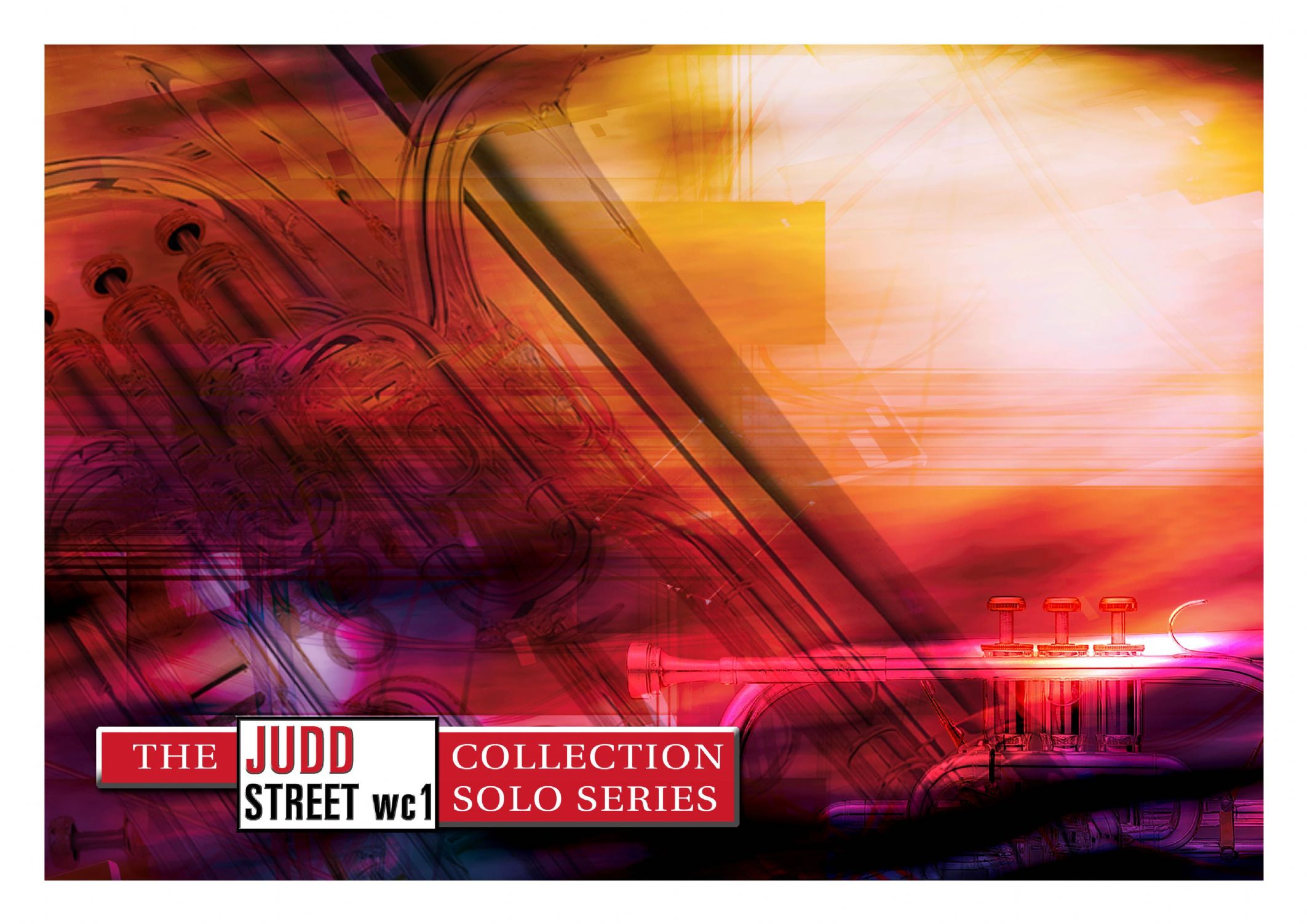 £29.95
£29.95Judd: A Joy Untold
This short, light-hearted solo has been described as The Salvation Army's answer to 'The flight of the bumble bee' and requires facility from the soloist and accurate accompaniment from the band. The solo opens and closes with whimsical references to Erik Leidzen's famous euphonium solo 'The Song of the Brother' and includes the tunes 'A robe of white' and 'I'll serve Thee'.
Estimated dispatch 7-14 working days
-
£60.99
You've Got A Friend - Carole King - Juri Briat
The absolute top slow number of the Eighties sung by Roberta Flack. She is not perhaps so well known among younger people, but she has her place in history as one of the absolute divas of the world. Back into time, the interlude in your concerts.
Estimated dispatch 5-14 working days
-
 £69.95
£69.95A Cambrian Suite - Michael Ball
Set as the THIRD SECTION REST PIECE for the 2016 Brass Band Regional Championships of Great Britain.Thre three movements are :1. Gwyr Harlech, 2. Suo Gan, 3. Codiad Yr Hedydd.
Estimated dispatch 5-14 working days
-
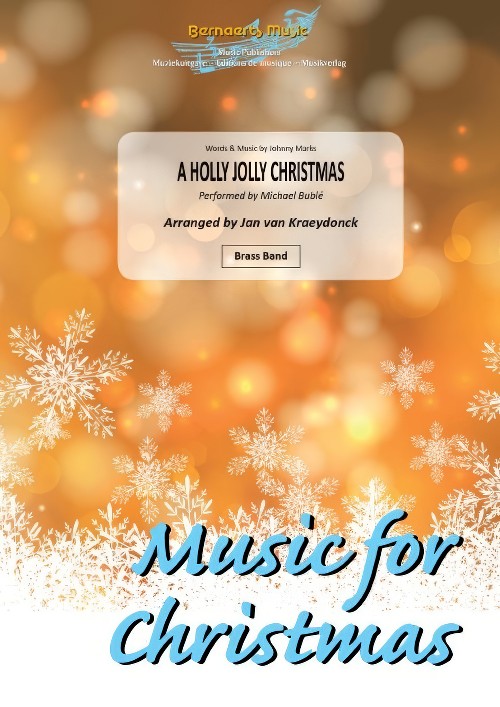 £53.99
£53.99A Holly Jolly Christmas (Brass Band - Score and Parts) - Marks, Johnny - Kraeydonck, Jan van
As performed by Michael Buble. Duration: 3.00
Estimated dispatch 7-14 working days
-
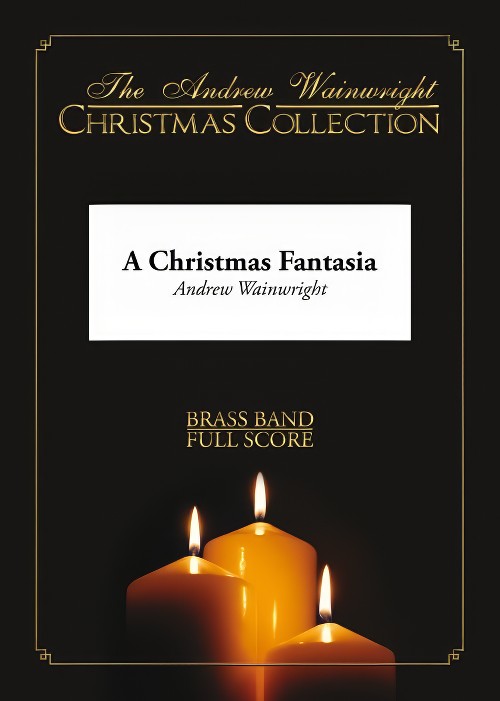 £42.95
£42.95A Christmas Fantasia (Brass Band - Score and Parts) - Wainwright, Andrew
As recorded by Virtuosi GUS Band.
Estimated dispatch 7-14 working days
-
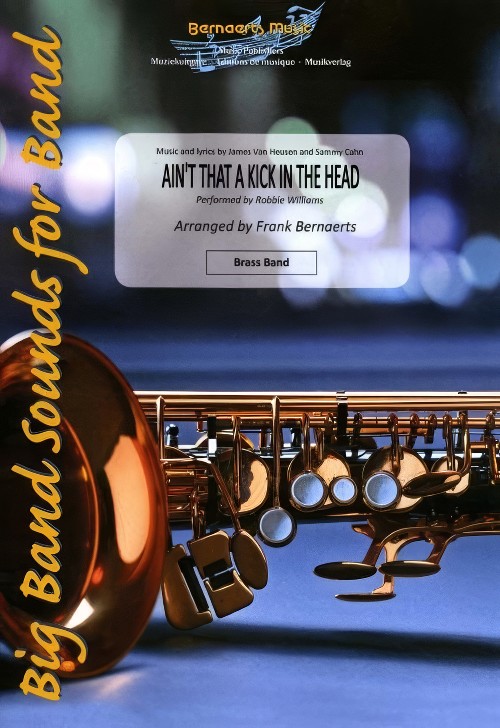 £53.99
£53.99Ain't That a Kick in the Head (Brass Band - Score and Parts) - Cahn & Heusen - Bernaerts, Frank
As performed by Robbie Williams. Duration: 3.15
Estimated dispatch 7-14 working days
-
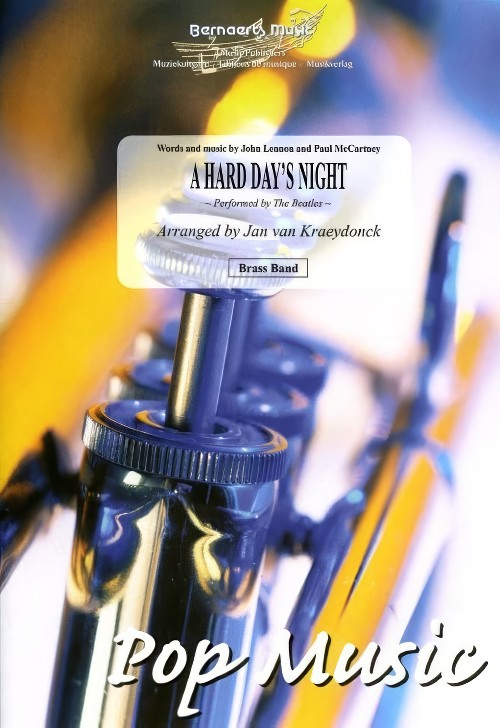 £54.99
£54.99A Hard Day's Night (Brass Band - Score and Parts) - Lennon & McCartney - Kraeydonck, Jan van
As performed by The Beatles. Duration: 3.15
Estimated dispatch 7-14 working days
-
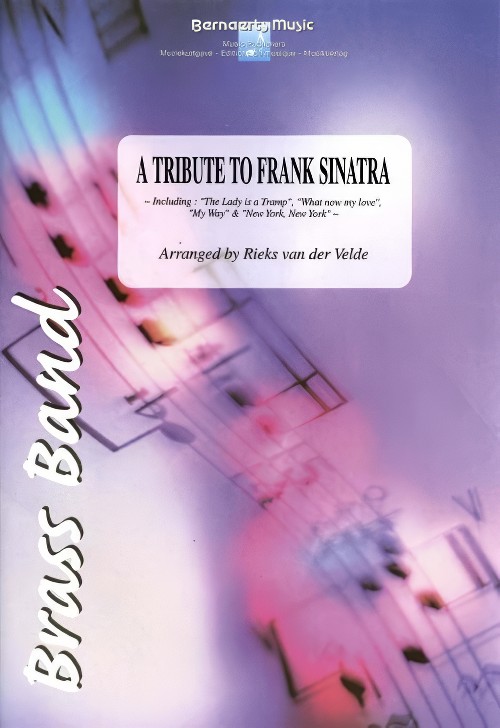 £57.99
£57.99A Tribute to Frank Sinatra (Brass Band - Score and Parts) - Velde, Rieks van der
As performed by Frank Sinatra. Duration: 6.00
Estimated dispatch 7-14 working days
-
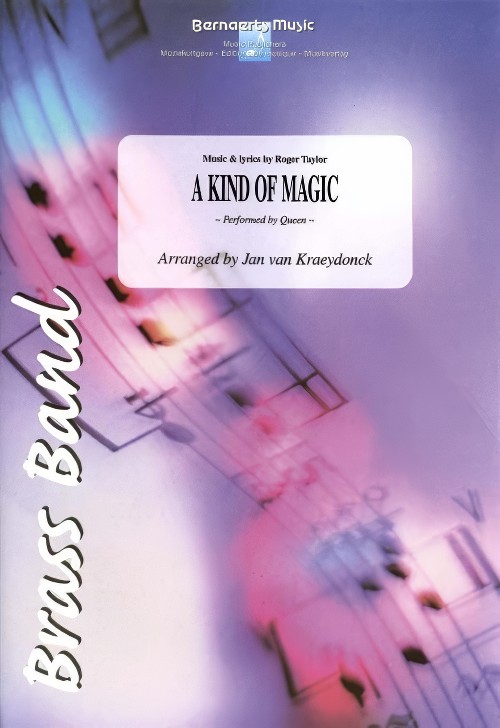 £53.99
£53.99A Kind of Magic (Brass Band - Score and Parts) - Taylor, Roger - Kraeydonck, Jan van
As performed by Queen. Duration: 3.30
Estimated dispatch 7-14 working days
-
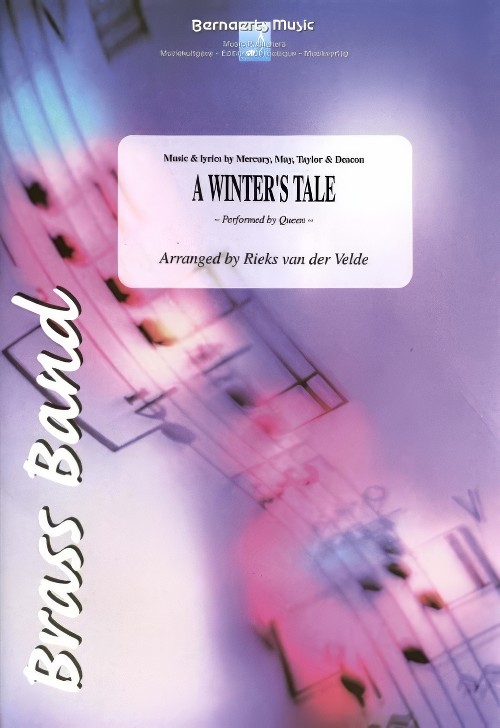 £53.99
£53.99A Winter's Tale (Brass Band - Score and Parts) - Velde, Rieks van der
As performed by Queen. Duration: 4.00
Estimated dispatch 7-14 working days
